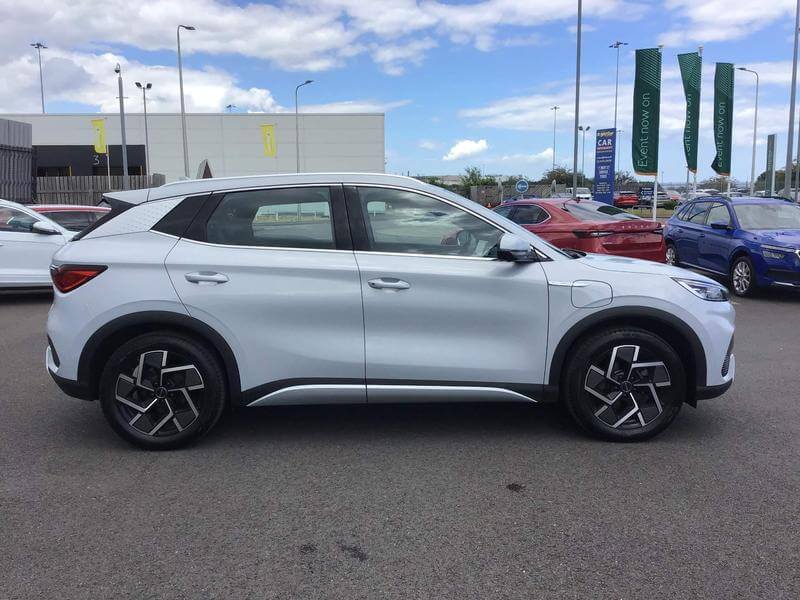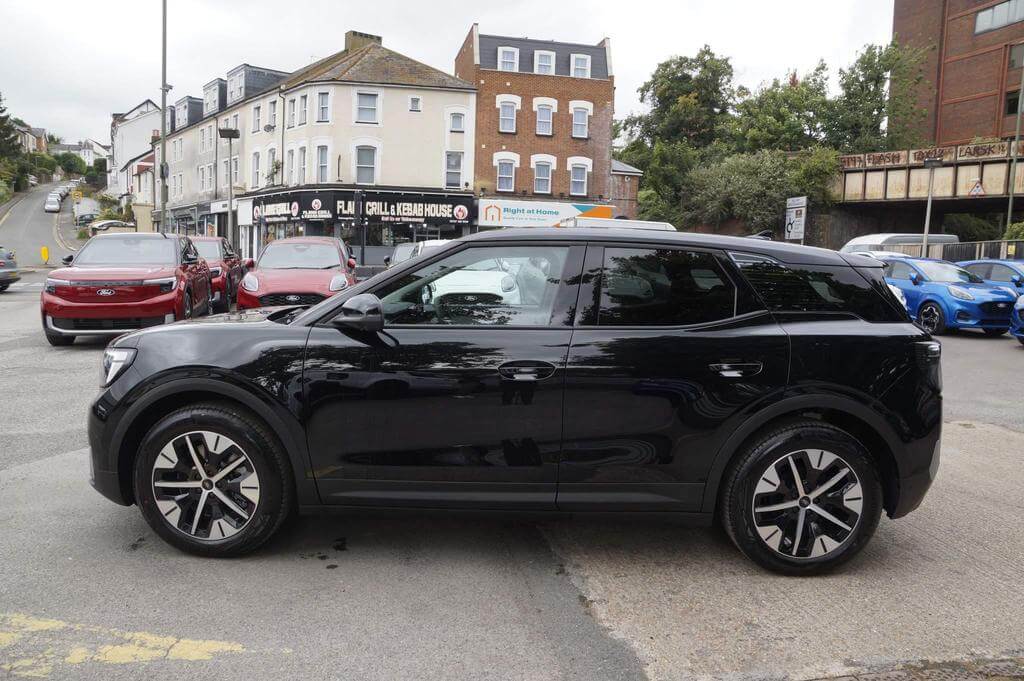
New BYD Electric Cars, Sedans and SUVs Best News
New BYD electric Cars, Sedans and SUVs I BYD UK. Yes, BYD cars are available in the UK. The company has made significant strides.
Signup for our newsletter to get notified about sales and new products. Add any text here or remove it.
[contact-form-7 id="7042" title="Newsletter Vertical"]Is Honda Better Than Hyundai?
When comparing two automotive giants like Honda and Hyundai, it is essential to consider various factors that contribute to the overall performance, reliability, safety, technology, and customer satisfaction of their vehicles. Both brands have carved out significant niches in the global automotive market and have loyal followings. This analysis will delve into several key aspects to determine whether Honda is better than Hyundai.
1. Brand Reputation and History
Honda has a long-standing reputation for producing reliable and efficient vehicles. Founded in 1948, Honda has built its brand on engineering excellence, particularly in the areas of fuel efficiency and performance. The company is known for its innovative technologies, such as VTEC (Variable Valve Timing and Lift Electronic Control), which enhances engine performance while maintaining fuel economy.
Hyundai, established in 1967, has made remarkable strides over the past few decades. Initially perceived as a budget-friendly option with lower quality, Hyundai has transformed its image significantly since the early 2000s. The introduction of models like the Sonata and Elantra showcased improved design, quality, and technology. Today, Hyundai is recognized for offering value-packed vehicles with extensive warranties.
2. Reliability
Reliability is a critical factor when evaluating any automobile brand. According to various studies conducted by organizations such as J.D. Power and Consumer Reports, Honda consistently ranks high in reliability ratings. For instance, Honda models often receive accolades for their longevity; many owners report driving their Hondas well beyond 200,000 miles with minimal issues.
Hyundai has also improved its reliability ratings over the years but still lags slightly behind Honda in this area. While many recent Hyundai models have received positive reviews regarding dependability, they do not yet match the historical reliability of Honda vehicles.
3. Performance
Performance encompasses not only engine power but also handling and driving experience. Honda vehicles are renowned for their sporty handling characteristics and responsive steering. Models like the Civic Type R and Accord Sport are celebrated for their engaging driving dynamics.
Hyundai has made significant advancements in performance as well; however, it tends to focus more on comfort-oriented driving rather than sportiness. The N line of models from Hyundai aims to provide a sportier experience but still does not quite reach the level of engagement found in comparable Honda models.
4. Safety Ratings
Safety is paramount when choosing a vehicle. Both Honda and Hyundai prioritize safety features across their lineups; however, there are differences worth noting:
Honda: Many Honda models come equipped with advanced safety features through the Honda Sensing suite that includes adaptive cruise control, lane-keeping assist, collision mitigation braking system (CMBS), and road departure mitigation.
Hyundai: Similarly offers an array of safety features under its SmartSense technology package which includes forward collision-avoidance assist, blind-spot monitoring systems, and rear cross-traffic alert.
Both brands generally receive high safety ratings from organizations like the National Highway Traffic Safety Administration (NHTSA) and the Insurance Institute for Highway Safety (IIHS). However, specific model comparisons may yield different results depending on testing criteria.
5. Technology Features
In today’s automotive landscape, technology plays a crucial role in consumer choice. Both brands offer competitive infotainment systems:
Honda: The latest models feature an intuitive infotainment system with Apple CarPlay and Android Auto compatibility along with available navigation systems.
Hyundai: Known for its user-friendly interface called Blue Link that provides connectivity features including remote start capabilities via smartphone apps.
While both manufacturers offer robust technological features across their lineups, some consumers may prefer one interface over another based on personal preference or ease of use.
6. Fuel Efficiency
Fuel efficiency remains a significant consideration for many car buyers today due to rising fuel costs and environmental concerns:
Honda: Generally excels in this category; many of its compact cars achieve impressive miles per gallon (MPG) ratings thanks to efficient engine designs.
Hyundai: Also offers competitive fuel economy across its lineup but may not consistently match or exceed those offered by comparable Honda models.
For example: The 2023 Honda Civic achieves up to 42 MPG on highways while competing against similar Hyundai models that may fall short by a few MPG points.
7. Warranty Coverage
One area where Hyundai stands out is warranty coverage:
Honda: Offers standard warranties typical within the industry—3 years/36k miles basic warranty & 5 years/60k miles powertrain warranty.
Hyundai: Provides one of the best warranties available—5 years/60k miles basic warranty & 10 years/100k miles powertrain warranty—which can be very appealing to buyers looking for peace of mind regarding potential repairs down the line.
This extended coverage can sway some consumers toward choosing Hyundai over Honda despite other factors being equal.
8. Pricing Strategy
Pricing strategies differ between these two manufacturers:
Honda: Generally positions itself as a slightly premium brand compared to competitors while maintaining reasonable pricing relative to quality.
Hyundai: Often undercuts competitors on price without sacrificing features or quality—making it an attractive option for budget-conscious buyers seeking value-for-money propositions.

New BYD electric Cars, Sedans and SUVs I BYD UK. Yes, BYD cars are available in the UK. The company has made significant strides.

How Fast is Ford Going to Make an EV Explorer?